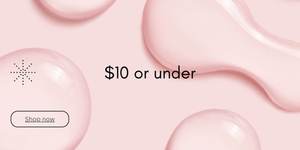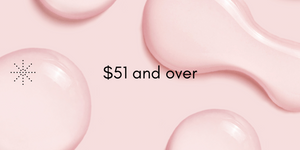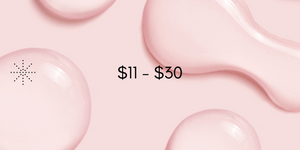Hypoallergenic How to Choose Makeup for Sensitive Eyes
Discover how to choose the best hypoallergenic makeup for sensitive eyes. Our guide covers key ingredients to avoid, product selection tips, and a gentle routine for irritation-free, beautiful results.

For people with sensitive eyes, the discovery of beautiful makeup can feel like a high-gambling gambling. A new mascara or eyeliner that promises succulent lashes or a perfect wing can instead itching, redness, water and inflammation. This disappointing experience is very common, but this is not your reality. The secret hypoallergic is rooted in understanding and creating informed alternatives. If you are looking for the best makeup for sensitive eyes, this guide will run through the way you select safe, effective and gentle products that enhances your beauty without irritation.
What exactly does "hypoallergenic" mean?
The word "hypoallergenic" is not regulated as strictly as many consumers believe. Generally, it indicates that a product is designed to reduce the risk of general allergic reactions. For the best hypoallergenic makeup for sensitive eyes, it usually translates into formulas that are free from known bottlenecks such as fragrances, parabens and some rigid mentor. These products are often derived from dermatologist-testing and, significantly, ophthalmologist-testing, which means they are considered safe for use around delicate eye field, even for contact lenses wearing contact lenses
Key Ingredients to Avoid in Your Eye Makeup
Knowing whether there is half a fight to escape. While scanning the component lists, stay on high alert for these general culprits who can trigger a response:
Fragrance: Synthetic fragrance, whether it is listed as "Parfam" or "fragrance", is a major cause of contact dermatitis and eye irritation. Always opt for fragrance-free formulas.
Parabance: These widely used patrons (such as methylpaben and propilepaben) can cause allergic reactions in some individuals.
Formladehyde releasers: DMDM Hydantoin or Quarter -15 gradually releases formaldehyde to preserve the product and lead to significant irritability.
Coal Tar Dies: Some deep pigments found in the ducts and mascaras obtained from coal tar, may cause heavy metals that can cause sensitivity.
Fiber additives: Marketed mascara for extreme length often contains nylon or rayon fibers that can be flack and land into the eye, causing mechanical irritation.
FAQ’S
Q1: What does "hypoallergenic" actually mean for makeup?
A: While not a medically regulated term, "hypoallergenic" generally indicates that the product is formulated to minimize the risk of common allergic reactions. This typically means it is free from known irritants like fragrances, parabens, and certain harsh preservatives. However, it's not a guarantee, as individual sensitivities can vary.
Q2: I have sensitive eyes. What are the top 3 ingredients I should avoid in mascara and eyeliner?
A: The top three culprits to steer clear of are:
-
Fragrance (both synthetic and natural): A leading cause of irritation.
-
Parabens: Preservatives that can trigger allergic contact dermatitis.
-
Formaldehyde-releasing preservatives (like DMDM Hydantoin): Used to prevent bacterial growth but can be very irritating to the delicate eye area.
Q3: Are "natural" or "organic" brands always better for sensitive eyes?
A: Not necessarily. While they often avoid synthetic chemicals, "natural" brands can still use botanical extracts, essential oils, and natural fragrances that are potent allergens for many people. For instance, rosemary or citrus extracts can be highly irritating. Always check the ingredient list, even on natural products.





 Best Sellers
Best Sellers





Leave a comment